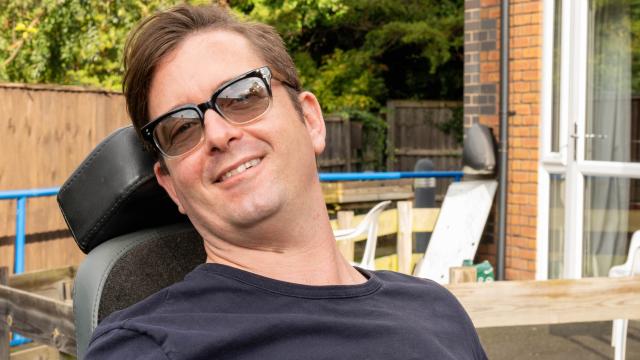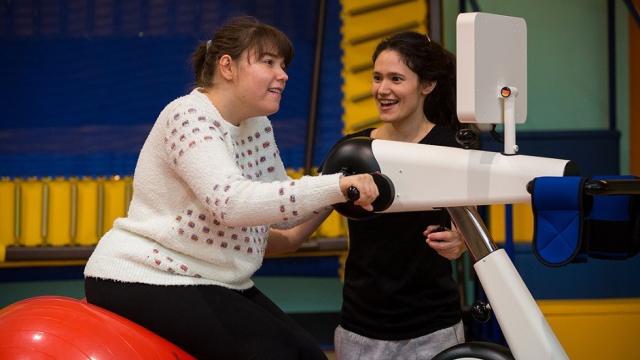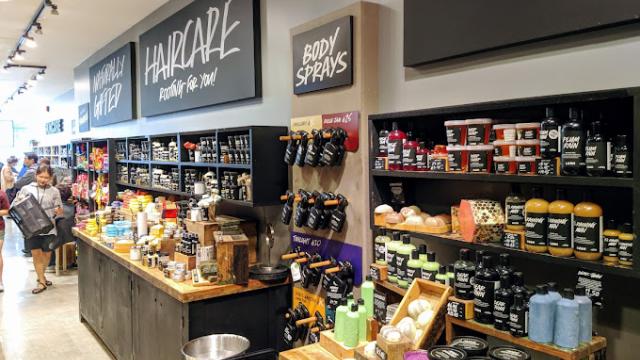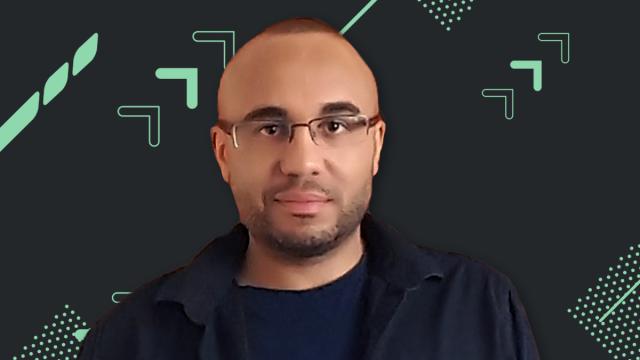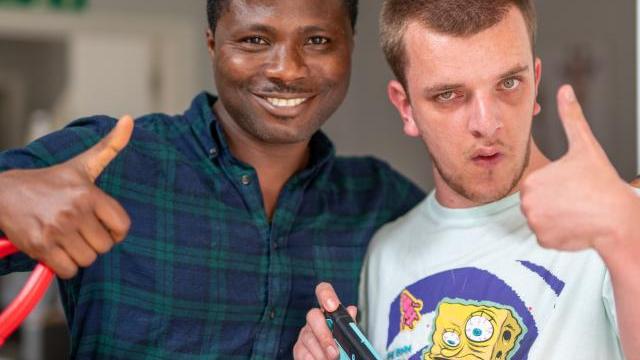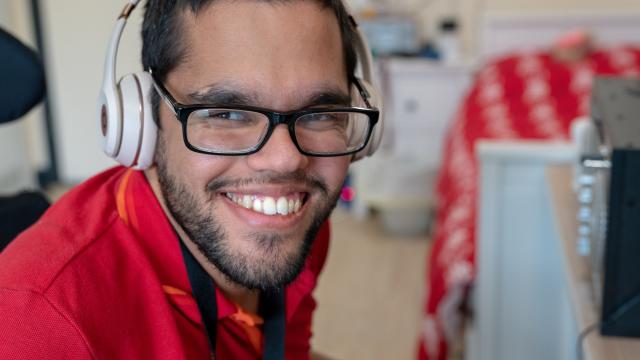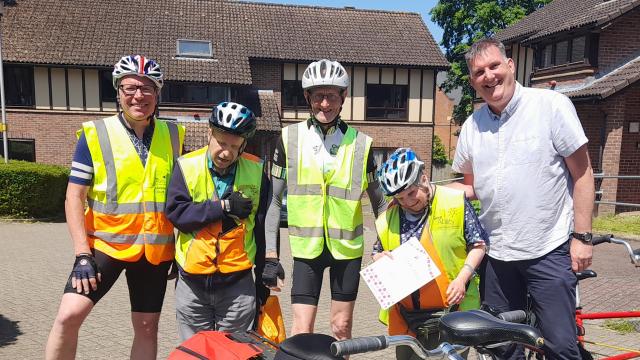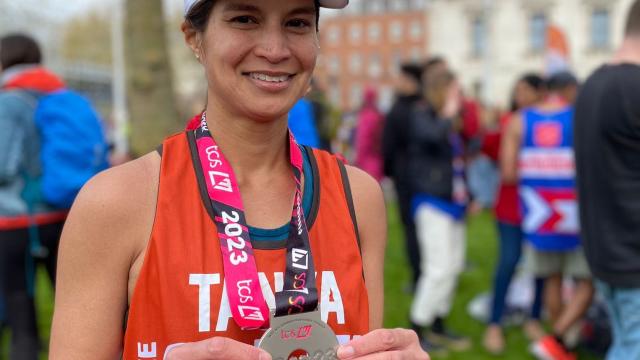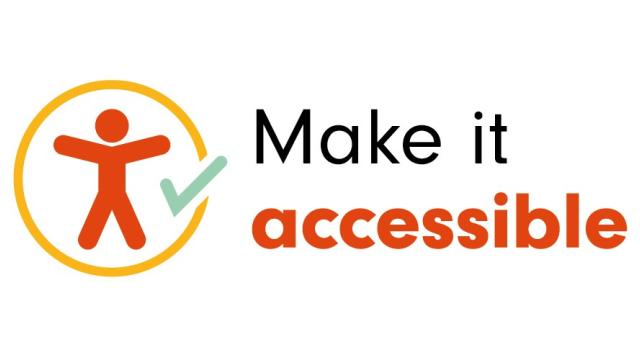Our impact in 2022-23
Read the transcript of the video
Hello, I’m Lisa Hopkins, SeeAbility CEO.
Well, it’s been quite a year, the first of our new five year strategy, and it’s an exciting time for us because, whilst there are a lot of challenges for us to deal with, there are also a lot of opportunities.
Our focus, in the words of Social Care Future, is to support more people to live rewarding lives in the places that they call home, doing the things they enjoy, with the people they love.
That sounds simple, doesn’t it?
But it’s actually quite hard work.
Everyone can play a part in achieving what we want for the future, and it would be brilliant if the stories in this report inspire you join us and play your part.
We’re more than just a social care provider or an eye care provider. We want to continually evolve to be an example of excellence, a voice of principle, and a force for innovation.
Please scroll down to the rest of the report – I hope you enjoy it!
lives changed by our support teams and specialist programmes
of our homes are rated good by CQC
sight tests delivered
to children in special schools
of families rated our support as good
or very good
“I am fortunate that Jake has found somewhere where it is good for him now. All the staff are lovely and I feel happy
he is supported by SeeAbility.”
- Jake's mother, Cathy
How we make a difference
Our long term aim is for more opportunities for people with learning disabilities, autism and sight loss to live, love, thrive and belong.
By delivering social care and innovative programmes that will result in:
Short on time? Here's our impact in one minute
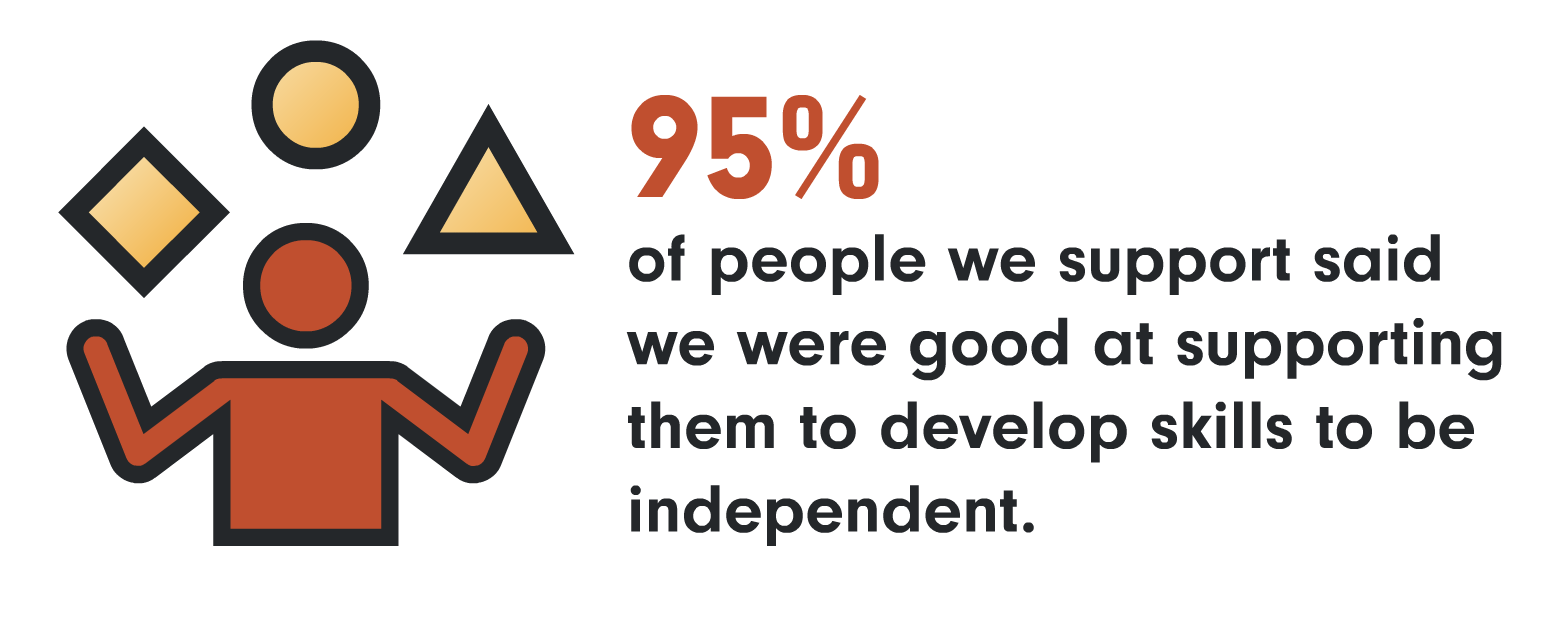
Through our social care work, we support people to live ambitious lives. That could mean helping someone develop everyday skills, start to live independently in their own home, or find their first paid employment. Our Positive Behaviour Support approach has been extremely successful in helping people deal with all these new challenges.
A highlight of the year was starting out on our Quality of Life journey which, developed together with people we support, shows our commitment to deliver support that people want. Read more in the blog from Paul, our Head of Quality and Inclusion.
We also introduced iPlanit, a new digital planning and recording system that has reduced paperwork, improved communication and enabled our teams to spend more time with people they’re supporting.
In line with our five year strategy we continued to identify local opportunities where we could provide specialist support to people who need it most, opening new homes in Oxfordshire, Hampshire and Dorset.
Our charity is more than a social care provider. People we support can plug in to other SeeAbility initiatives, such as our supported employment programme and self-advocacy team, to open up a world of opportunity.
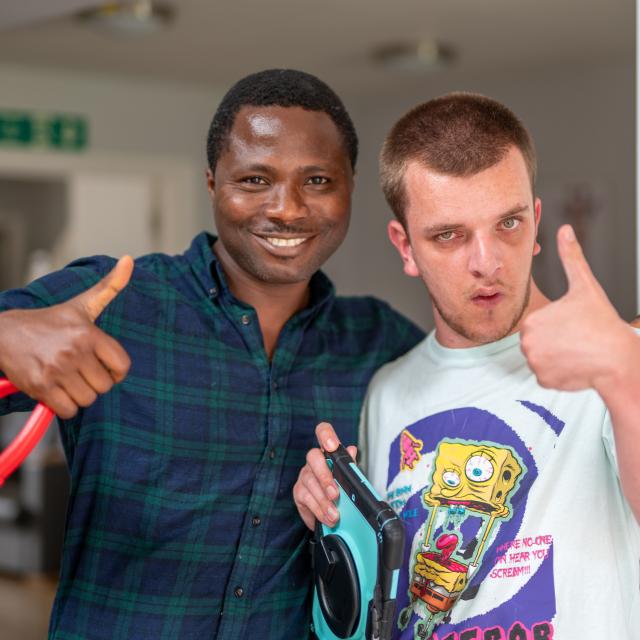
Jake's new chapter
“I can see everything is good there - Jake is happy and that is key. He is always laughing, he has me in stitches where I go there. He is being supported to grow and do more with his life.” - Cathy, Jake's mum
When Jake was 21 he moved into his own home, living independently for the first time with support from SeeAbility. Since then, he has gained control over his life and enjoys doing things more for himself.

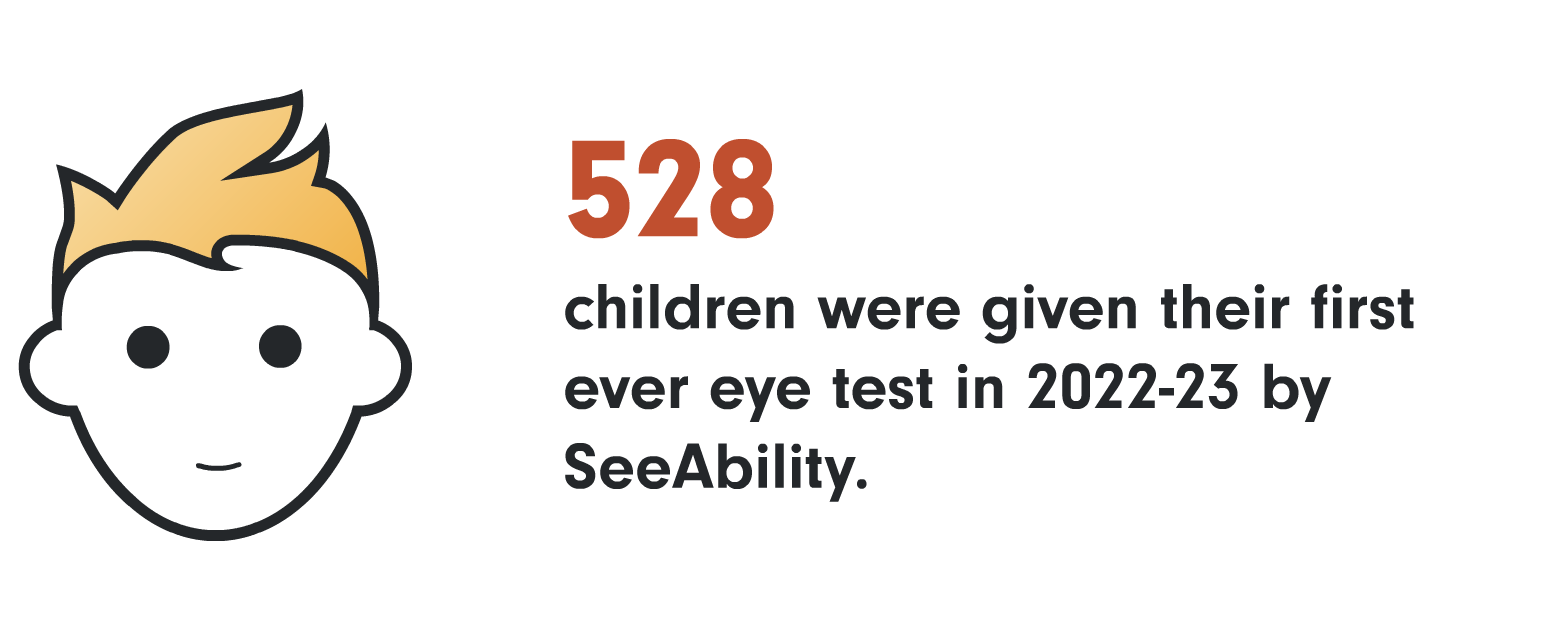
People with learning disabilities are 10 times more likely to have serious sight problems.
Our eye care support in special schools transforms the lives of thousands of children each year, and our research and campaigns aim to influence the eye care system for people with learning disabilities. We also provide expert eye care information, peer education and free resources.
In 2022-23, our team of Eye Care Champions worked with almost 1,000 adults with learning disabilities and over 2,400 support and healthcare professionals. The champions bring with them lived experience of disabilities, making them ideal advocates to pass on their knowledge to others.
A priority for us over the past year has been campaigning to secure the future of the NHS Special Schools Eye Care Service. As a key NHS partner in setting up the service in 2021, we worked hard to make sure it continued to roll out across all special schools to reach many thousands of children who would otherwise not receive eye tests. We recently received some positive news from the government about the future of the service.
Read the transcript of the video
Ciaran’s story, as told through the words of his mother, Maria:
“Ciaran is kind, Batman crazy, and he’s just really gentle.
“He was always very close to pictures, books, the whiteboards, and I’d say “Ciaran, you need to get back. Can you stand back?” We’d bring him back and he’d just go forward again.
“Ciaran’s eye care journey is nothing short of miraculous, because I didn’t realise (and nor did Ciaran) how much he needed glasses – how urgent it was. Up until this point, he’d had no actual eye test. I did try to take Ciaran to a high street optician, but all my efforts were in vain. It was just too much for Ciaran to process and at that point he became so distressed that we just had to leave.
“Why shouldn’t have have glasses and have an eye test just because he sees the world slightly differently? That’s why it’s so important that all children have their eyes tested. SeeAbility work closely with teachers and parents to make sure everyone understands how much a child can see.
“Ciaran was missing out on so much without his glasses. It took patience and time for him to be persuaded to try them, but slowly, slowly, they had little strategies with toys or pictures to test his eyes.
“The difference in him has been astonishing. I got weekly updates from the team over the phone throughout the process and I was able to understand everything that was going on. I felt part of this important experience for Ciaran and relieved that I could trust everyone involved to do their best for him. Having people in school that can support Ciaran in this way means that when his glasses need some TLC (because he wears them so much!) there’s someone to do it for him.
“If it wasn’t for SeeAbility, he still wouldn’t have had his eyes tested. The work SeeAbility does to support children like Ciaran with eye health in schools is astonishing and I can’t bear to think of all the other children who don’t receive the same support. There are thousands more children just like Ciaran across the UK.
“I want you to also know that SeeAbility’s inclusive sight tests have changed everything for Ciaran and for me. Their support has transformed his vision and his life. I don’t know where I would be without them.”
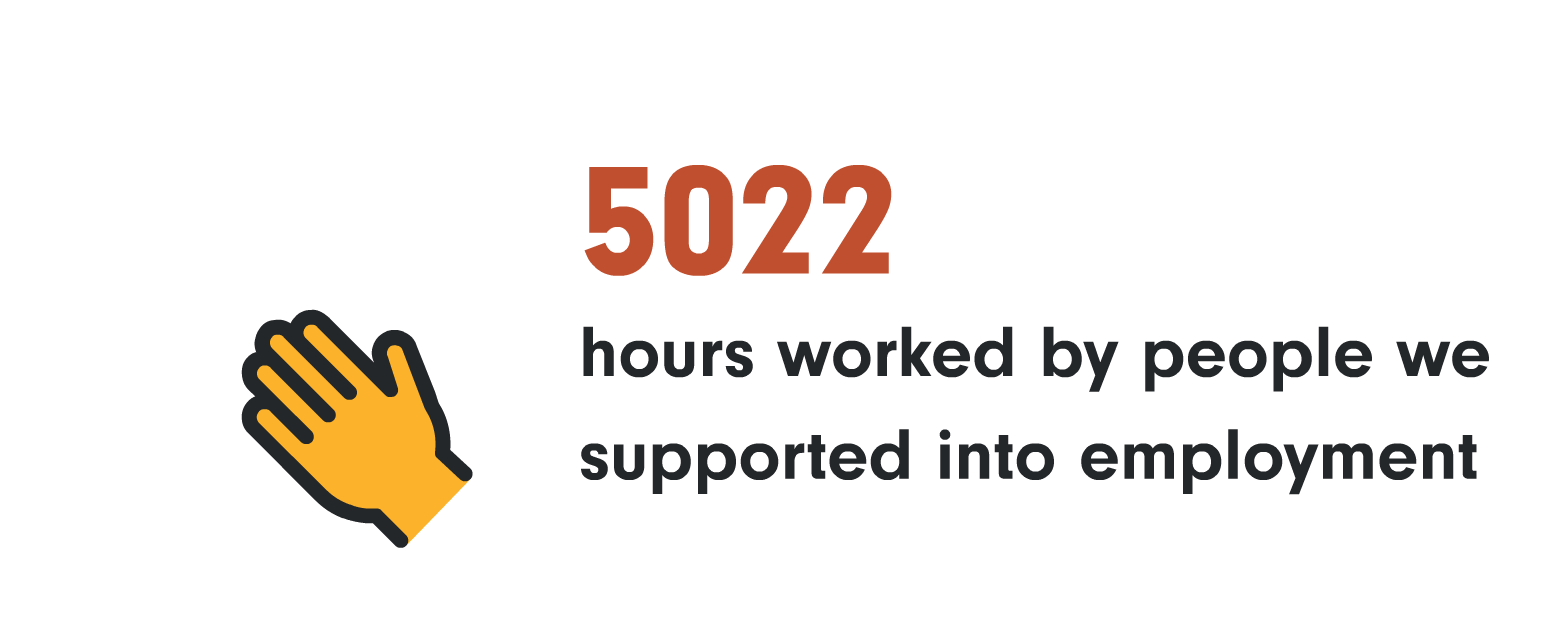
At SeeAbility we work to ensure people with learning disabilities, autism, and sight loss can take control of their lives.
Our Ready, Willing and Able supported employment programme empowers people with disabilities to kickstart their careers. We provide support to develop skills, prepare for interviews and secure roles that match the candidate’s interests and passions. Once in their roles, we offer on-the-job support to help them settle in and progress their careers.
Currently, the team is working with over 60 job seekers. 21 people found jobs in the year, bringing their unique skills, experience and passion to roles at organisations including Lush, Next and The Police Federation. Many others are on track to do the same.
People with disabilities also want their voices to be heard loud and clear. Our Engagement team of self-advocates speak up in discussions, studies and at events - making sure that people with disabilities are involved in crucial national conversations. The team grew to 11 advocates in 2022-23 and worked with organisations including Kingston University and NHS England.
Read the transcript of the video
Emily and Lewis discuss working together through Ready, Willing and Able.
Lewis: My name is Lewis Gordon and I am a supported employment coach at Ready, Willing and Able. I think my favourite part of the job is how rewarding it is when someone you support gets into work. One person I work with in particular is Emily, and as soon as she got offered the job she went ‘Yes!’, throwing her hands up in the air with a big grin on her face. That is...yeah...perfect. I love that.
I met Emily in February 2022. She was working with my colleague Rhian, and Rhian said to me “Would you like to work with Emily”, and I thought, “Yeah, sure!”
Emily: Lewis has supported me in finding a new job by talking with me about what my interests are and about researching jobs around those sorts of ideas. If you don’t have the right support, it’s hard work. Before an interview Lewis and I look at interview techniques. If we’ve got the questions, he’ll ask me the question and we will write some notes. He knows that I know what I want to say, but he also knows and appreciates that sometimes I find it hard to word what I’m trying to say.
Lewis: I always look forward to my sessions with Emily, as we can just chat as friends. It really doesn’t feel like a job working at Ready, Willing and Able, as when you’re really enjoying doing something and you feel truly fulfilled it doesn’t feel like work. But I know that I’m making a change every day and that in itself makes it so rewarding. I’m given a lot of creative freedom in how I do that as well, because we don’t want to be really restrictive on how we support people.
It’s great fun working with Emily. She’s always smiling, she’s always bubbly, she’s always happy, and always determined as well. You know, she just pushes through all the red tape that we have to face sometimes. I think we applied to 20+ jobs – something like that – and I supported Emily during the interviews.
I’m quite far away from where Emily lives, and we started the programme during the pandemic, so this is the first time we’ve ever met. It does show that there’s a lot you can do remotely.
Emily: It’s important that people with disabilities have the same opportunities to work as anyone else.
Lewis: She was so determined the whole time. That makes my job a lot easier because she was the driving force behind it and I was just supporting her along the journey.
Emily: It can feel frustrating but I wasn’t going to give up that easily. I was determined to keep going no matter how long it took. Just because you’ve got this disability, and just because you might need some help with some things, like I need help with writing, because I struggle with that, it doesn’t mean you can’t do a job.
Lewis: We think about what we can do. It could be voice recording notes, or using some kind of A.I. to do a transcript. It could be having a job coach there to take notes for you. There’s lots of things that you can do. So we’ve been talking to Emily’s employer about how to make that possible.
Emily: It makes me feel really good because it makes me think at least some people know I can do this. I might have to do it in a different way, but I can still do it.
Lewis: Emily was offered a job on the day of the interview! Now, that’s good practice. If you see talent in someone like Emily and you think “Oh, I’d like to employ her”, just cut through the red tape and employ her. Why not?
Emily: I’ve enjoyed getting to know new people, engaging with different people of all aspects and broadening my own horizons because I haven’t done that sort of work before. I know that I’m going to enjoy it.
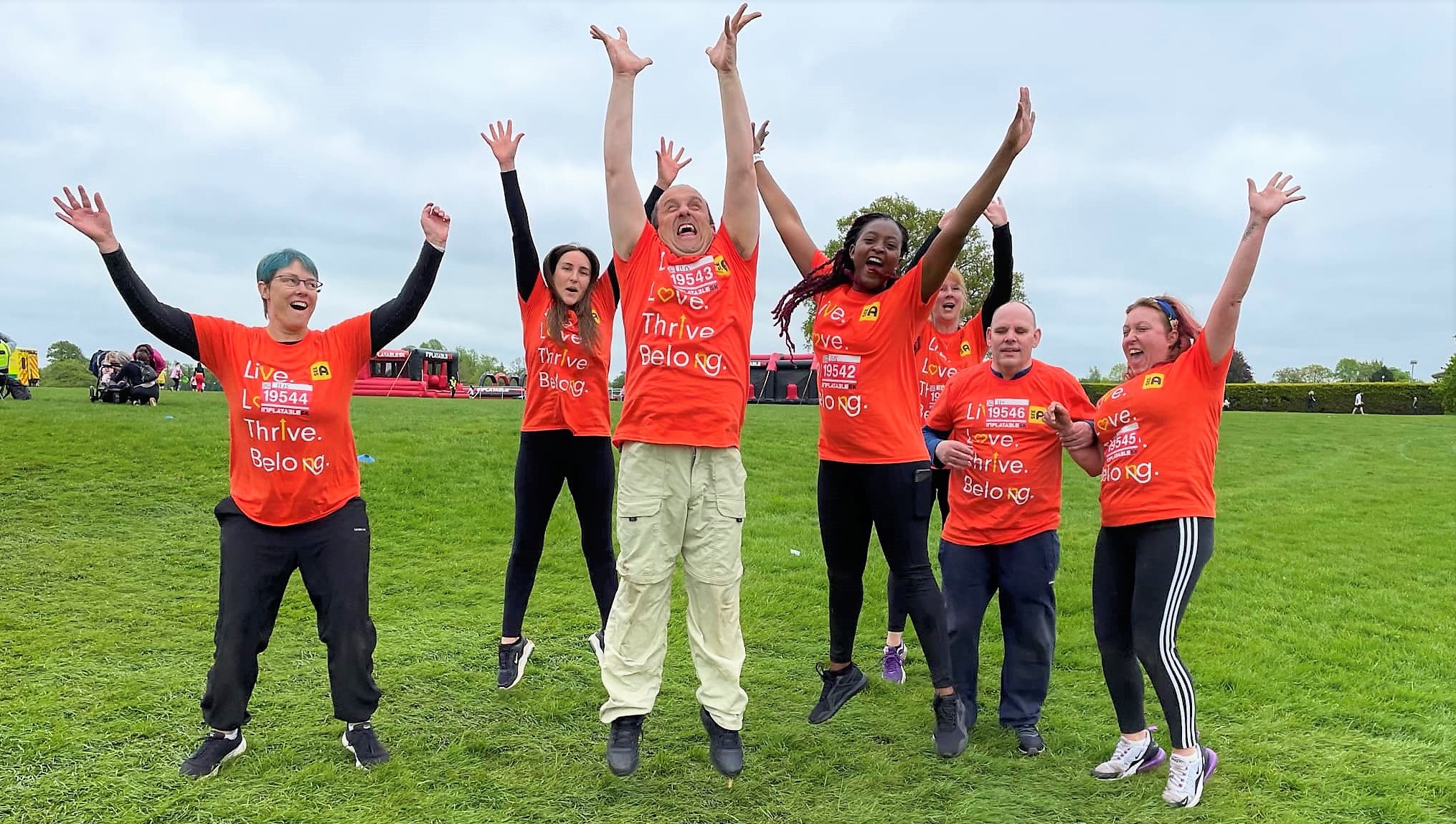
We’re expecting 2023-24 to be quite a challenging year due to uncertainty over a variety of factors, such as inflation and finding the right people to work in our care roles.
However, we have confidence in our five year strategy and we’re excited by the plans we have for the next year and beyond. We’ve set ourselves targets to grow our social care, eye care and the programmes we run.
We will start by offering people excellent social care that goes beyond just ticking boxes. In 2023-24 we will continue to introduce our Quality of Life strategy to all of our homes and teams – we’re excited that it will help us support people in the ways they really want.
Next year we will also continue to focus on eye care. It will be exciting to launch our "Easy Eye Care" pathway in South East London, which will start in July 2023. Ultimately it will offer specialist eye care to around 43,000 people with learning disabilities. That is brilliant news!
And in 2023-24 our supported employment programme, Ready, Willing and Able, will be in a strong position to grow and develop new ways of supporting people. We want to work more closely with companies and local government now we can do business face-to-face after Covid.
Lastly, at the same time as delivering these ambitious plans we won’t forget the people we support and our colleagues. We know people are having to deal with the ongoing cost of living crisis and other challenges and we’ll always look for new and better ways to be there for them.
Thank you
Thank you to everyone who supported SeeAbility over the past year through donating, volunteering or finding opportunities for us. We couldn't do anything without you.
Easy read
You can find an easy read version of our impact report below, but if you need a copy in an additional alternative format please get in touch by emailing media@seeability.org.


